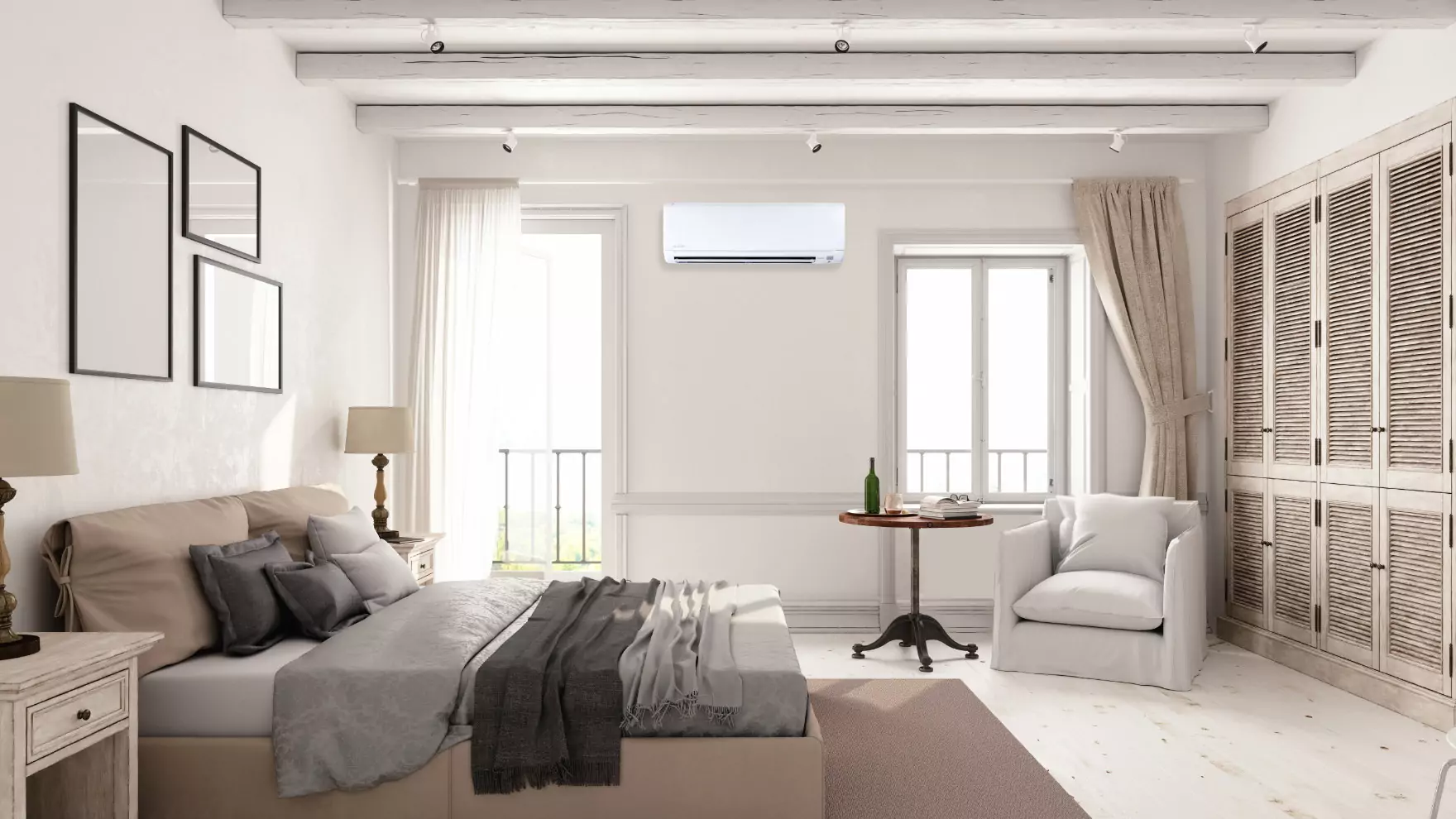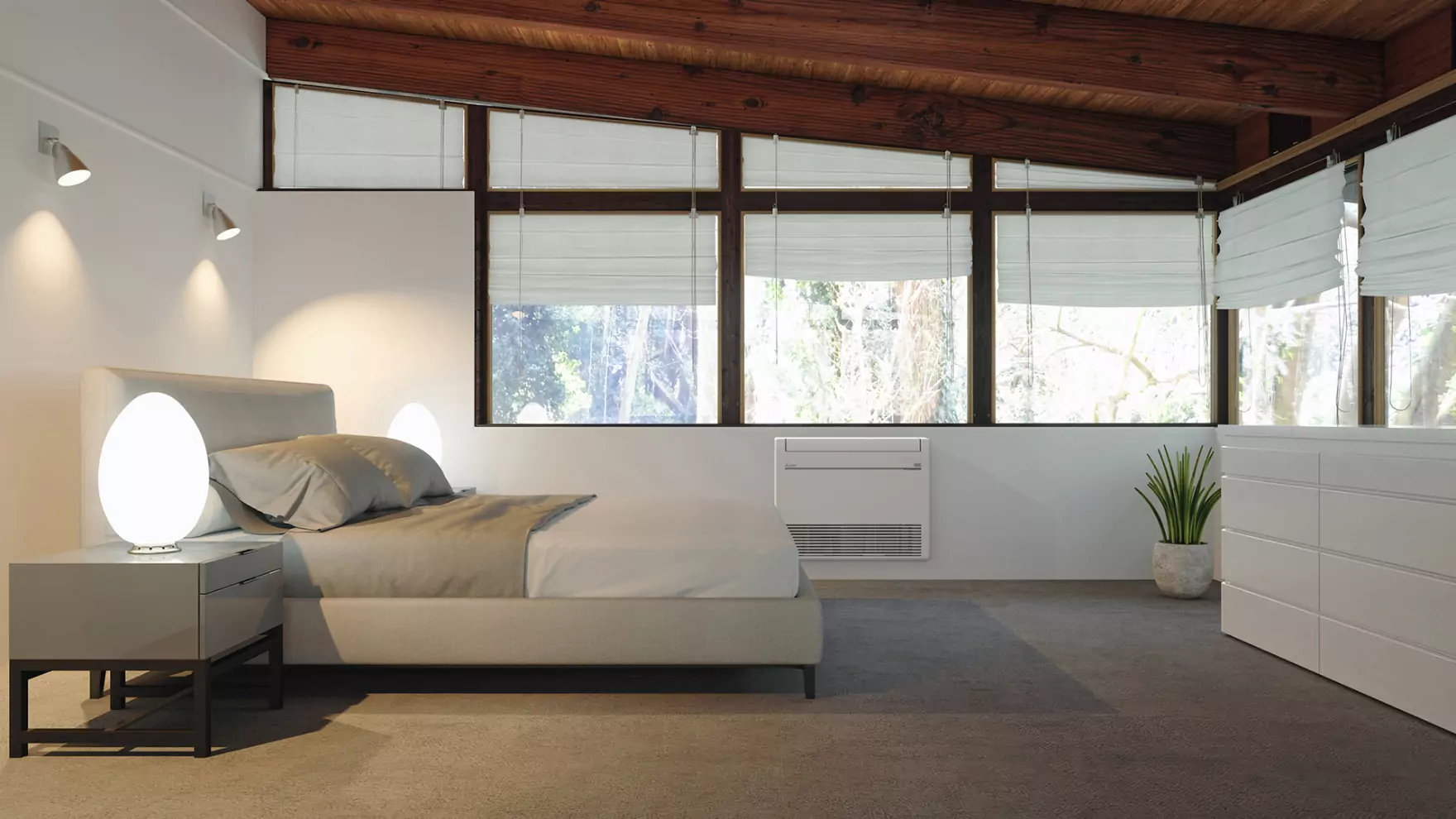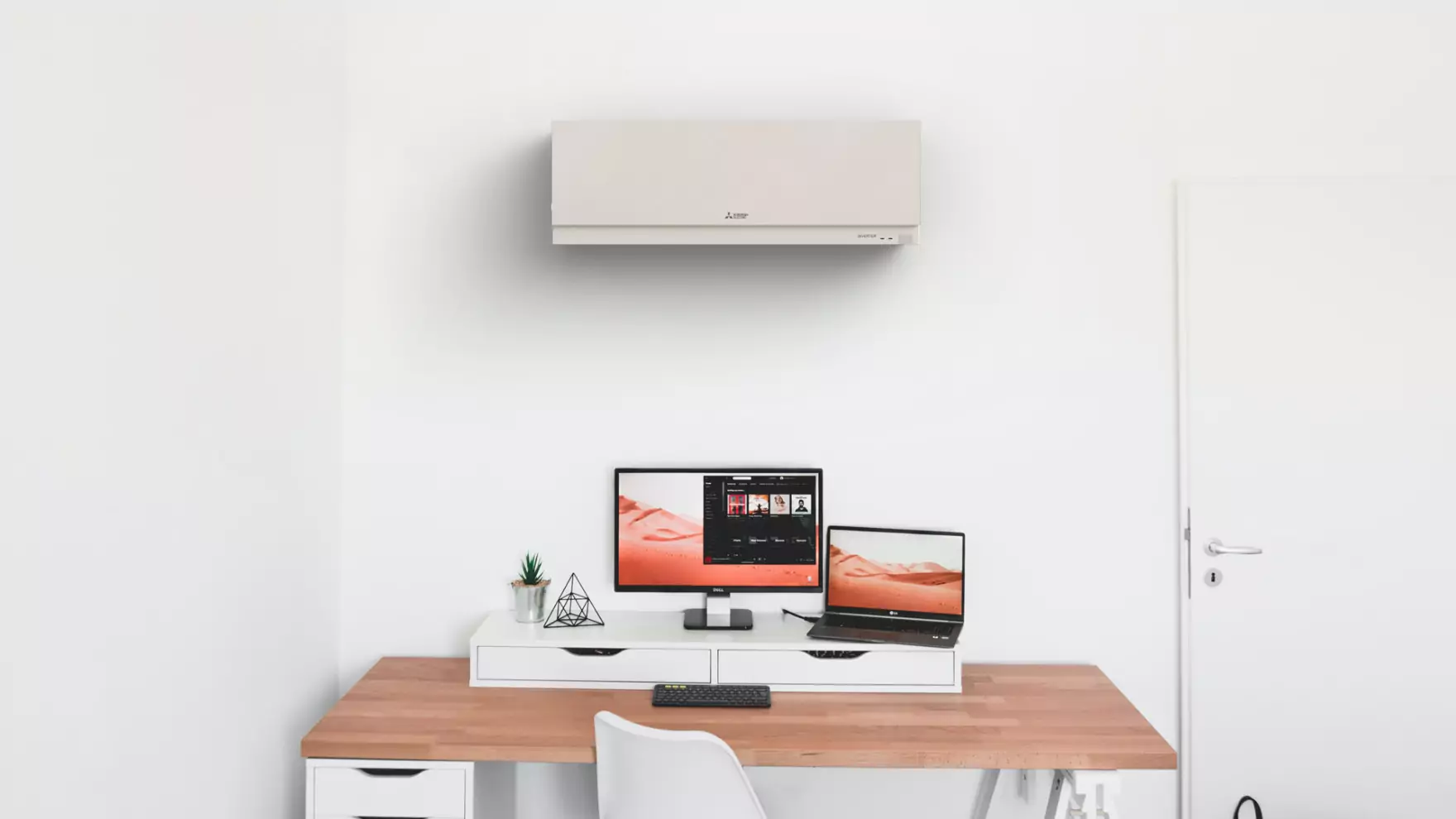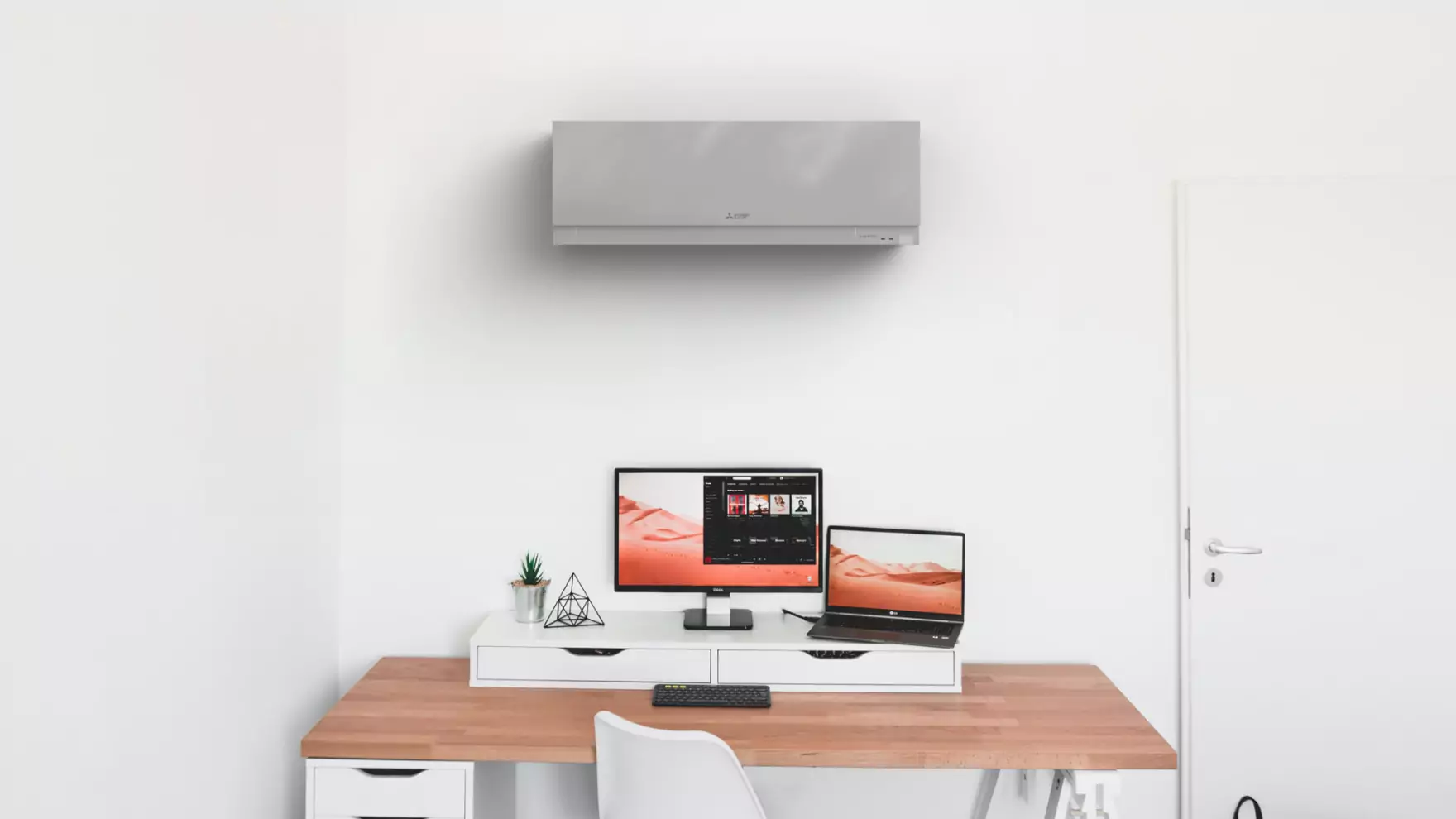Mini-Split Heat Pumps
Make every room in your home comfortable, no matter the season.
Ductless mini-split heat pumps can take care of all your heating and cooling needs, or just support your current heating system in specific areas, like additions or rooms that always seem too hot or cold. They’re often the least expensive type of heat pump, with lots of design options to choose from.
There is a mini-split for practically any room in your home. Work with your contractor to explore which high-wall, low-wall, or ceiling cassette unit will work best for you.

There are many different styles, colors, and designs of mini-split heat pump units. Try our at-home experience to see one in your space!
Learn More about Mini-Split Heat Pumps
Dollars & Sense
- Typically the simplest, least expensive heat pump system.
- Rebates: NYS Clean Heat helps you save money on your heat pump purchase.
- Federal tax credits: Cover 30% of the cost for your project, up to $2,000 per year.
- Low-interest loans: Get loans starting at 4% to help finance your project.
- If you heat with oil, propane, or electric baseboards, switching to a heat pump will lower your heating bills.
Benefits & Considerations
- Efficiency: Up to three times more efficient than traditional fuel or air conditioning systems.
- Comfort: Gentle, steady streams of warm (or cool air) keep you comfortable — even on the hottest and coldest days.
- Convenience: Less maintenance, fewer service calls, and no fuel deliveries — and stop lugging those window ACs in and out every season.
- Temperature Control: Zoned heating and cooling allow you to set areas of your home to different temperatures.
- Health & Safety: No combustion or storage of fossil fuels like oil, propane, or natural gas. This eliminates the potential release of carbon monoxide and improves your home’s air quality with added filtration.
Questions for Your Contractor
- Are you a NYS Clean Heat participating contractor with my electric utility?
- What size system do I need, will I need more than one outdoor unit? Ask for room-by-room heating and cooling calculations.
- Can the heat pump you are recommending sufficiently heat my home, or is an additional system needed?
- Is the heat pump you are recommending on the Northeast Energy Efficiency Partnerships (NEEP) cold-climate product list? Note: It is reasonable to ask your installer for a copy of the spec sheet from the NEEP website.
- How many ductless heads will I need and what is the best location for each one? Can we avoid heads directly above where people eat or sleep?
- What are my best placement options for the outdoor unit(s)?
- Will I need to update my electric service?
- How long will installation take? Where and when will you need access?
- How do I operate my system for optimal comfort and efficiency?
- What maintenance is required? How often should I clean or change air filters? Is annual service needed?
- What is the expected lifespan and warranty?
- How can I make any additional upgrades to my home, such as adding insulation or air sealing, to prepare for a heat pump? Do you have an insulation contractor I can work with?
Find a qualified contractor to help you with your project.
Frequently Asked Questions
Do heat pumps work effectively in cold climates?
Yes, modern, high-efficiency cold-climate heat pumps can reliably meet 100% of your heating and cooling needs, even in New York winters. There are a lot of myths out there about the reliability of heat pumps. However, these myths come from outdated information. Today’s cold-climate air source heat pumps are not the same heat pumps from the past.
How much maintenance is required on heat pumps?
Heat pumps require minimal maintenance and eliminate the hassle of scheduling fuel deliveries — and there is no worrying about unpredictable fuel costs. They also last longer than standard heating and cooling systems.
How will I heat and cool my home when the power goes out?
When it comes to heating or cooling a home during a power outage, heat pumps are no different than any other heating and cooling system. Most heating and cooling systems need electricity to start — so when the power goes out, they don’t work. The good news is that a well-insulated home will maintain a consistent temperature for hours, even when the power goes out — so make sure your home is properly insulated to help keep you comfortable during outages.
Can a mini-split heat pump fully replace my current heating and cooling system(s)?
Yes, you can install multiple mini-splits to handle all of the heating and cooling in your home and replace your existing systems. If you don’t need to replace your current system yet, partial-home heat pumps (like installing only one or two mini-splits) are often used to supplement an existing heat system — like better controlling the temperature in a room that is too hot or cold. Talk to your contractor about what system will best meet your needs.
Heat Pump Planner
Answer a few questions about your home, learn about the types of heat pumps available, and compare your options.
Inflation Reduction Act
Learn how federal tax credits and rebates make this the best time to get a heat pump.
MyEnergy
MyEnergy is New York State’s home energy upgrade planning tool that’s designed to maximize your financial savings, streamline home energy projects, and help you discover the benefits of going electric.
NYS Clean Heat
NYSERDA and New York’s energy companies are partnering to help homeowners save money and energy with highly efficient electric heat pumps.
Where Heat Pumps Fit in Your Path to a Clean, Efficient, and Comfier Home
Cold-climate heat pumps, including mini-splits, are a key equipment improvement on your path to upgrading your home. Make the most of your upgrades when you start by preparing your home, then explore cleaner, more efficient options.
Get Your Home Ready
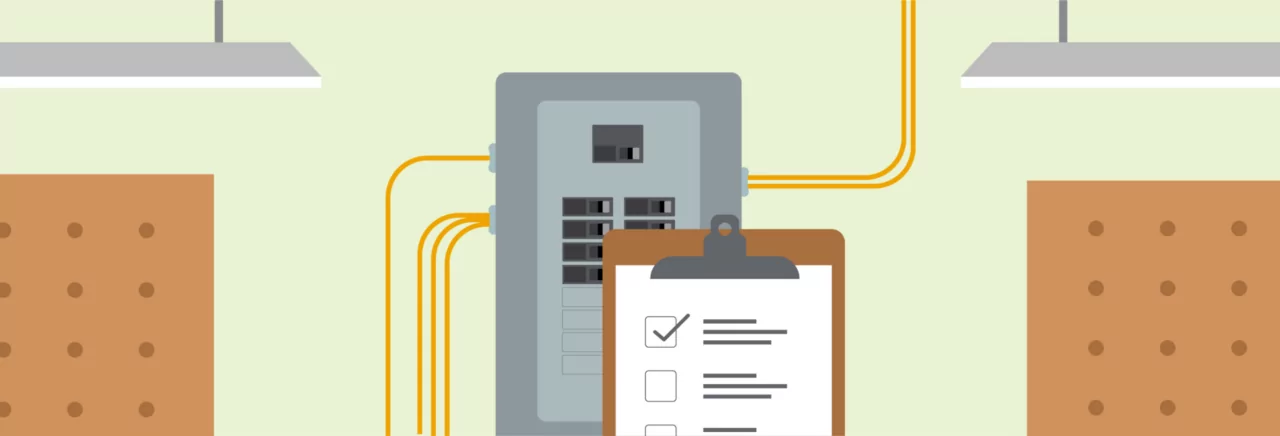
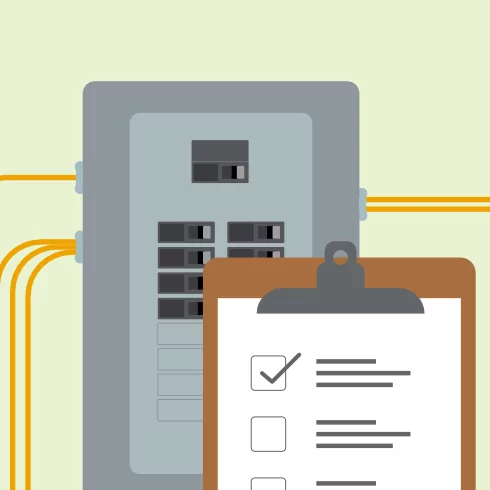
Choose Electric Appliances & Equipment
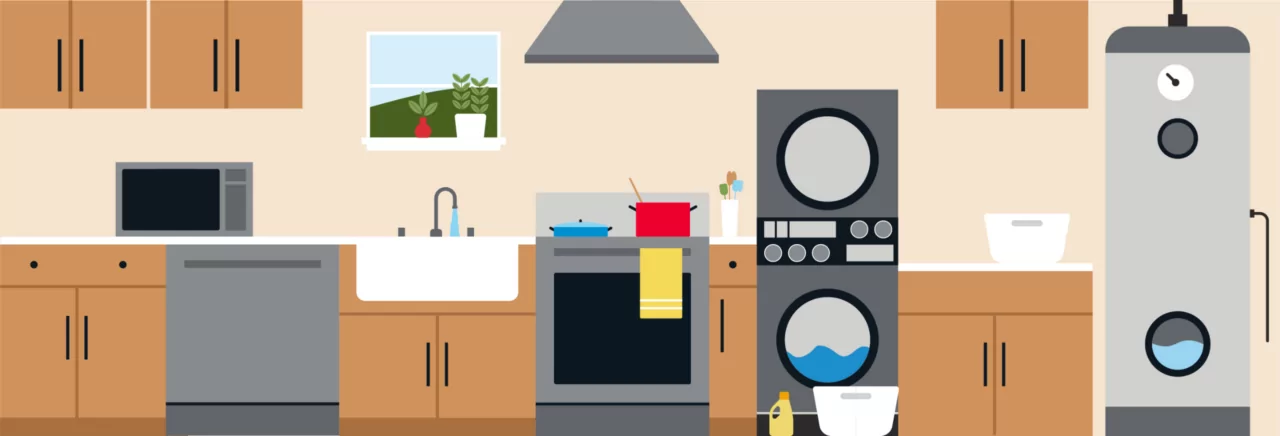
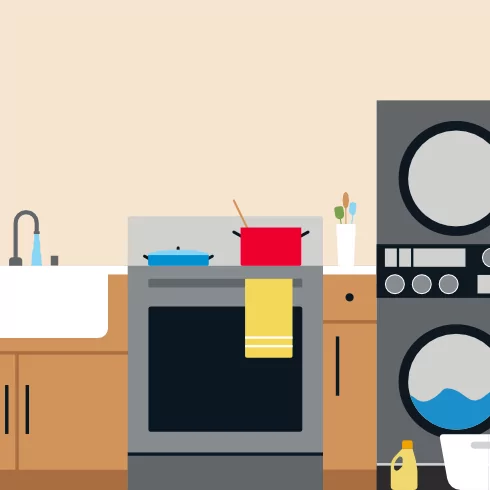
Drive Electric & Go Solar

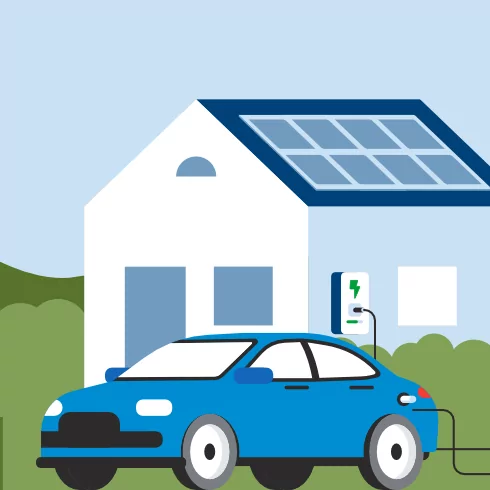
Get Started with a Free Home Energy Assessment
A home energy assessment can help you prepare for a heat pump in the future. You’ll get advice on how to weatherize your home and determine when your current heating system may need to be replaced so that you can avoid a costly and stressful emergency replacement scenario.

